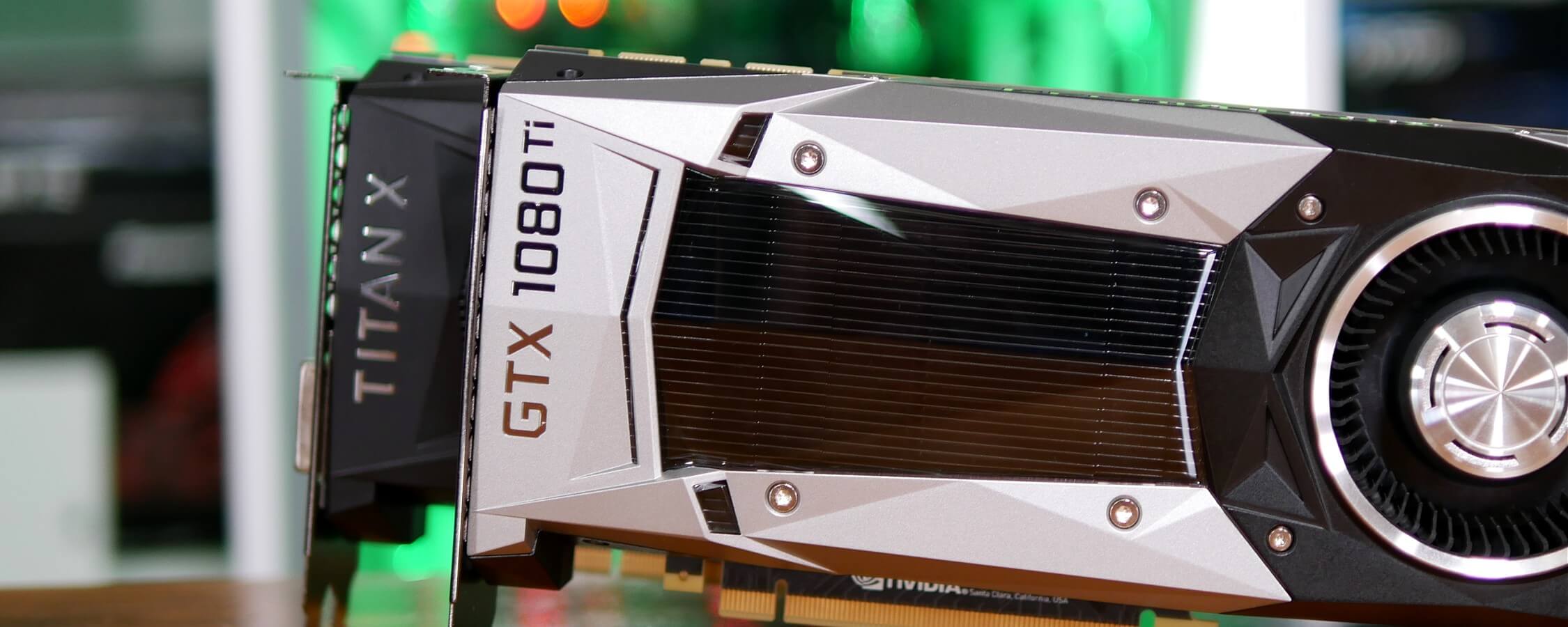
Beginning with the release of driver version 390, Nvidia will not be releasing any more drivers with support for 32-bit operating systems. Both Windows and Linux users will be required to upgrade to a 64-bit system should they wish to use the most up-to-date drivers available. Mac OS X users running Lion 10.7 (released in 2011) or newer are unaffected since all versions thereafter are 64-bit only.
Future optimizations and features will not be implemented in older software packages. At this point, it is unlikely for any enthusiast to be running a 32-bit OS but there probably are some users with old machines sitting around that get used from time to time.
Fortunately for those with older hardware that may be incapable of running a 64-bit operating system, Nvidia will provide one additional year of security patches. Critical flaws will be fixed for 32-bit drivers all the way through January 2019, giving owners of old machines plenty of time to upgrade.
Nvidia will be releasing version 390 before the end of the year. For those curious as to how many people are still actually running 32-bit systems, 1.98 percent of Steam users still are. Unfortunately, Valve does not break down users running Nvidia graphics cards and a 32-bit OS.
It is reasonable to assume that some gamers with older systems have dedicated AMD or Intel integrated graphics which would make the actual number of PC gamers affected by this change extremely small.
https://www.techspot.com/news/72438-nvidia-dropping-support-32-bit-operating-systems.html